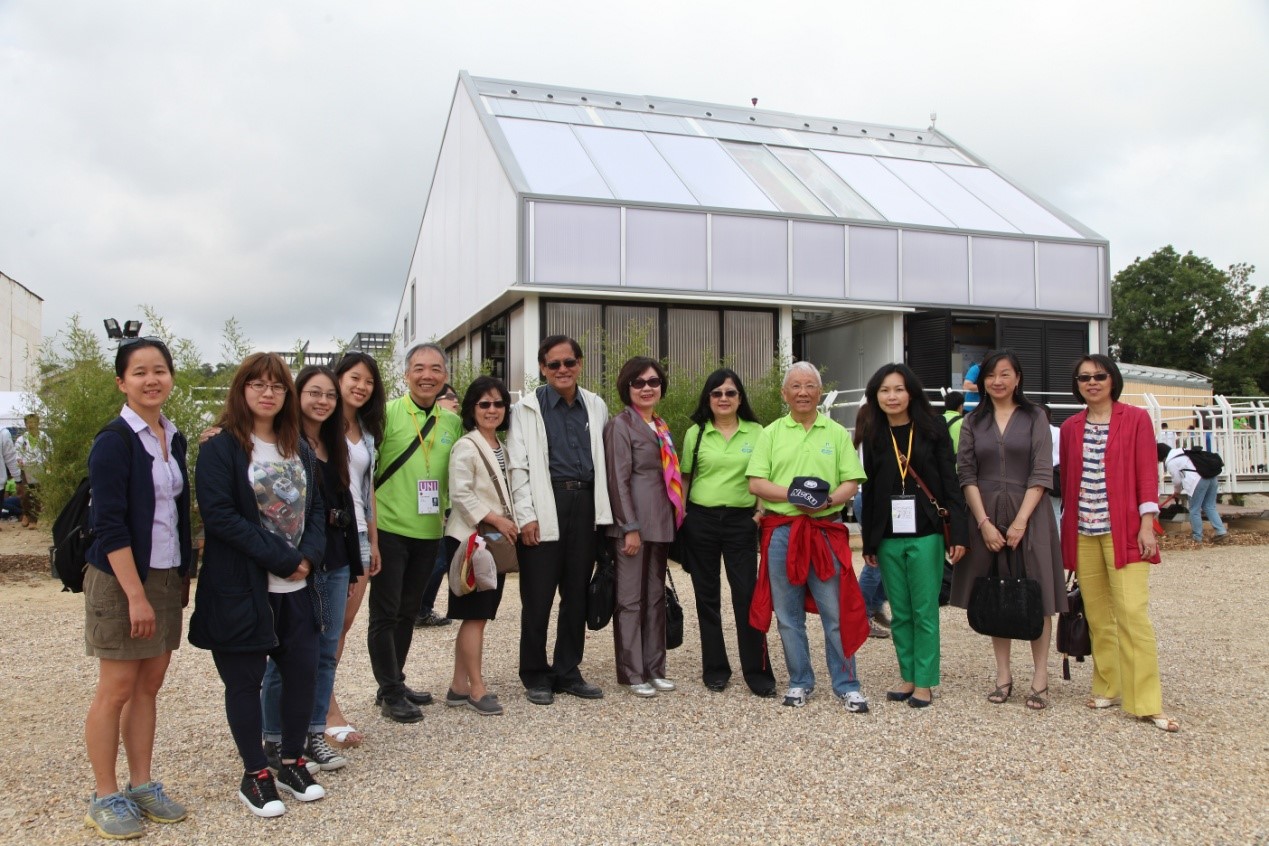NCTU’s Orchid House Wins Four Awards at the 2014 European Solar Decathlon

Team Unicode was one of twenty teams from around the world selected from among 800 university and college teams to take part as finalists, and the first team from Taiwan to ever do so. These 20 teams were competitively selected on the basis of plans and models they entered. At this Solar Decathlon, they had just ten short days to bring their ideas to life and build an actual house. The teams were judged on their expertise in ten areas by experts in the related fields, including architecture, engineering, and energy efficiency.
Team Unicode won four awards with their outstanding “Orchid House” project: first place for Urban Design, Transportation and Affordability Award (UDTA), second place for Innovation, third place for " Energy Efficiency, and another third place in the mist popular category. Overall Unicode scored 12th in the competition. The first place was won by Team Rhome from Italy.
Team Unicode’s Orchid House was built around three concepts. The first was having a Green Heart. The Orchid House had partitioned compartments, decorated with orchids. Louvers moderated the temperature and ventilated the interior with fresh air, and a recycling system provided water for irrigating the plants.
The second concept, Strategy of Blue, was to have a roof of solar panels. This was inspired by the messy rooftops of urban houses in Taiwan. The designers thought replacing them with rooftops of solar panels would reflect the blue sky and beautify the urban landscape.
The third concept was of being a Power House: it would not merely provide solar power, but also be an engine for initiating and supporting a positive social influence, for example, in such areas as social spaces networks, housing renewal, and housing issues for the younger generation.
Photo:Dr. Ovid Tzeng, Chancellor of the University System of Taiwan (4th from right);
Dr. Wu Lee Yan-Hwa, President of National Chiao Tung University (5th from right);
Dr. Chen Yu-Hsiu, former Minister of Culture (6th from right); and Ms. Meichen Lu, director of the Education Division (3rd from right) with Team Unicode in front of their Orchid House
